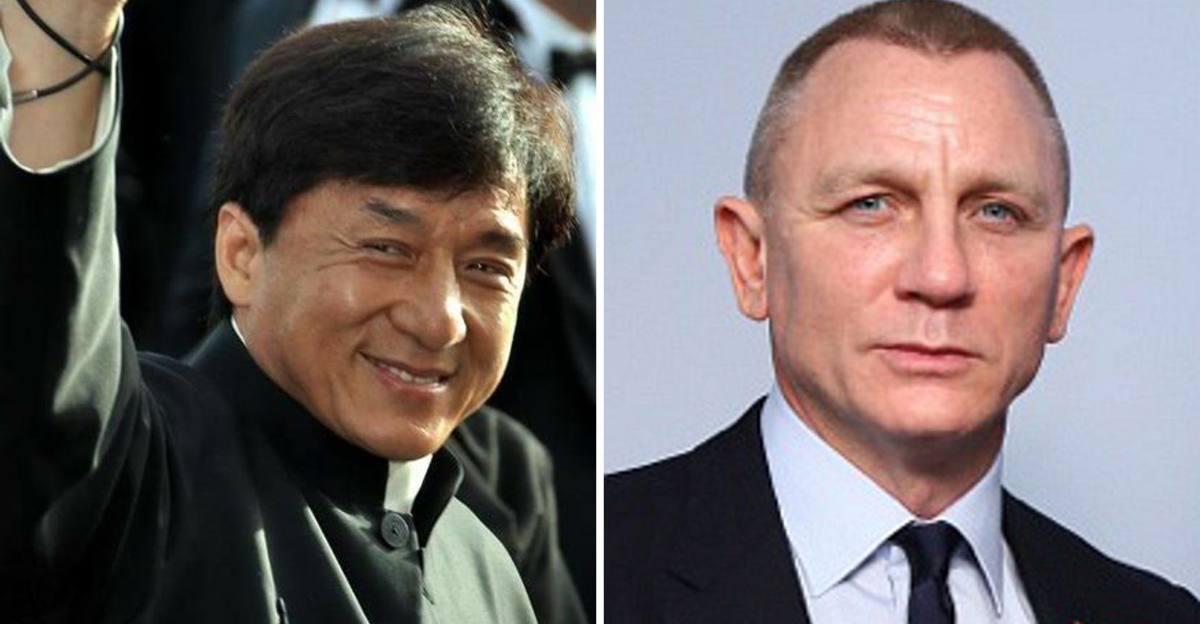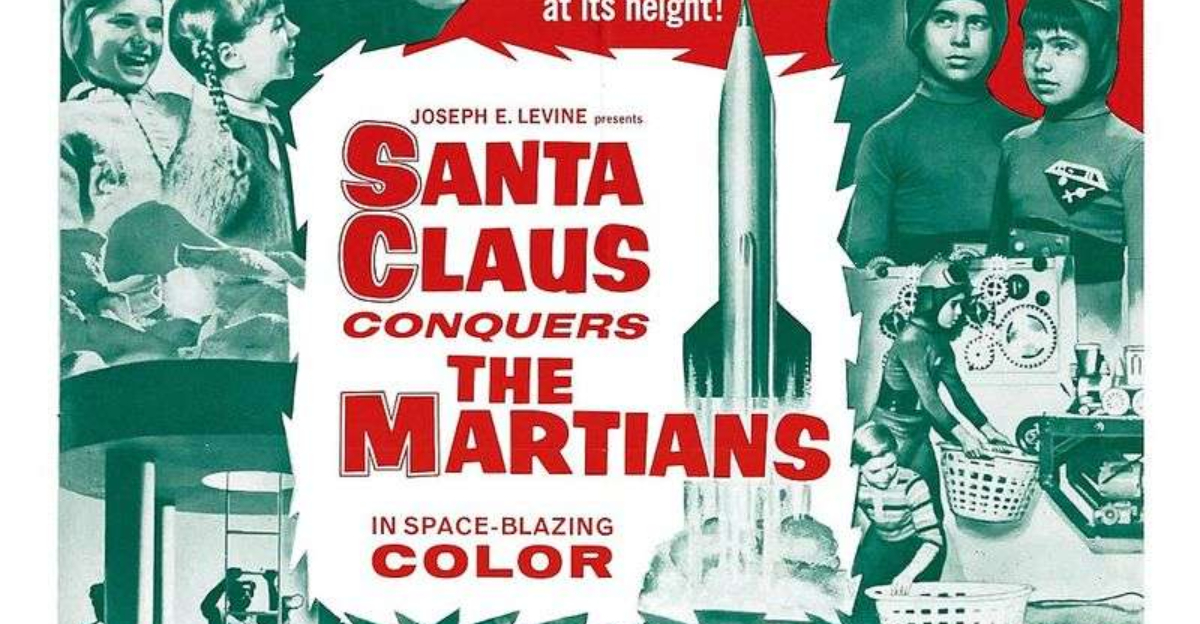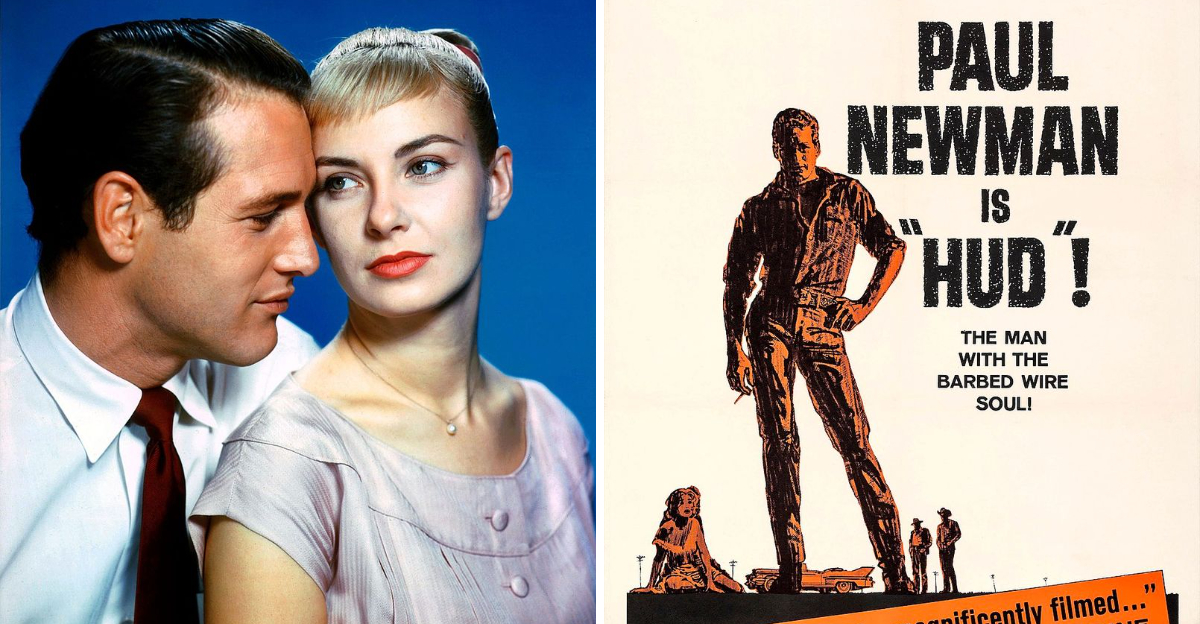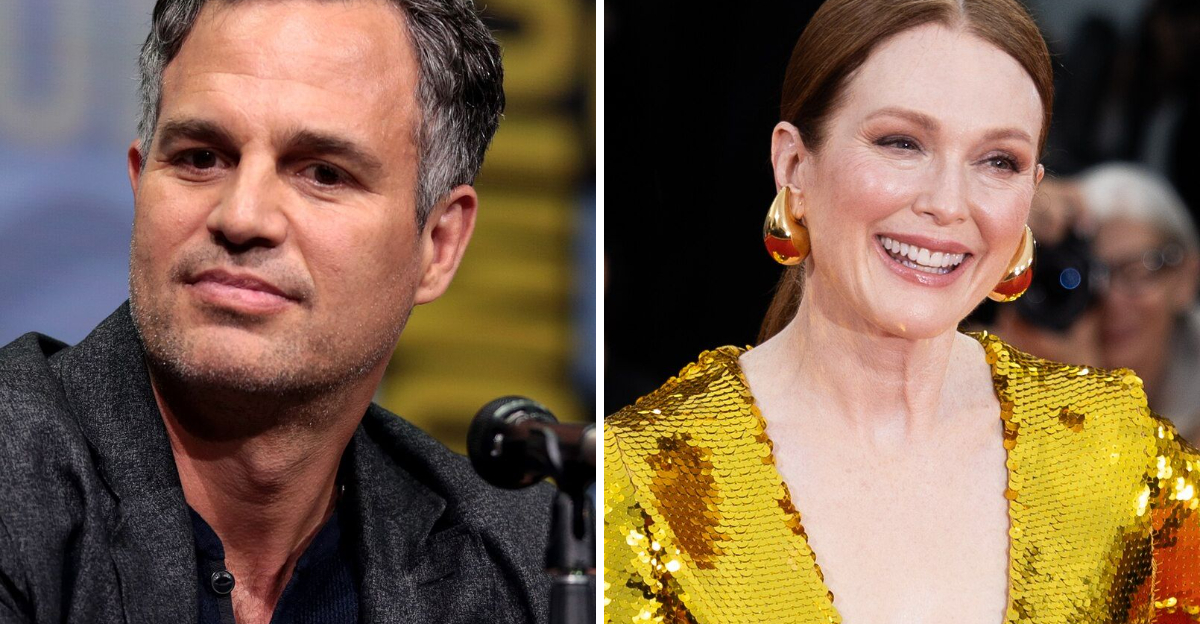12 Hidden Classic Movies That Were Way Ahead Of Their Time
Some movies arrive too early for their audience, bursting with ideas that nobody quite understands yet.
These films often flop at the box office, confuse critics, and leave viewers scratching their heads.
Years later, though, we realize these visionary directors were predicting our future, challenging society, and pushing cinematic boundaries in ways nobody appreciated at the time.
1. The Night of the Hunter
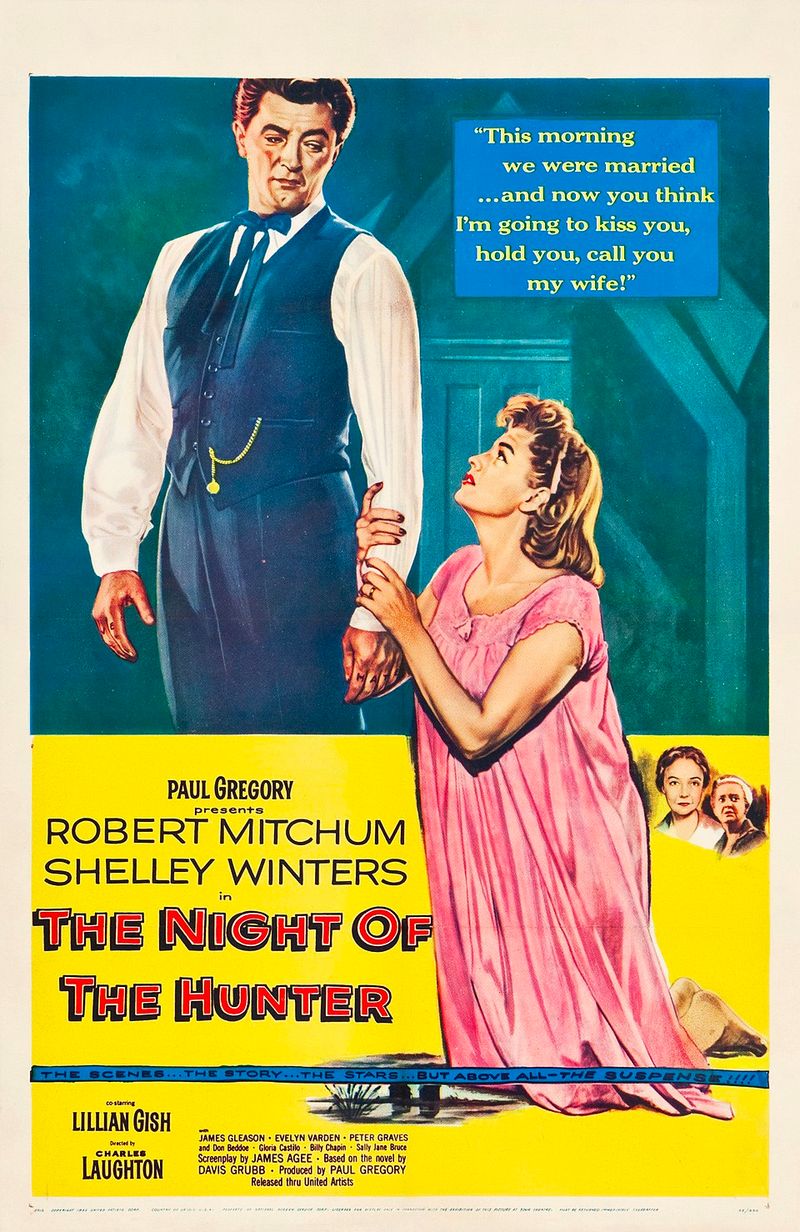
Charles Laughton directed only one film in his entire life, and critics absolutely destroyed it in 1955.
Robert Mitchum played a terrifying fake preacher with LOVE and HATE tattooed on his knuckles, hunting children for hidden money.
The nightmarish fairytale style confused audiences expecting a straightforward thriller. Decades later, filmmakers recognized its influence on psychological horror and atmospheric storytelling. S
2. A Clockwork Orange
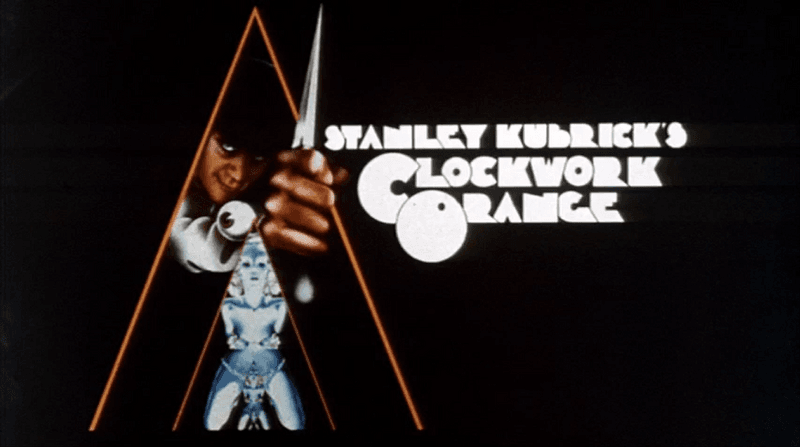
Stanley Kubrick dropped this ultraviolent bomb in 1971, and people absolutely lost their minds. Governments banned it, critics called it dangerous, and copycat crimes made headlines across Europe.
What everyone missed was Kubrick’s chilling commentary on free will, government control, and behavior modification.
The film asked whether forcing someone to be good removes their humanity entirely. Now we debate surveillance states and social credit systems, making this orange-hued nightmare feel prophetic.
3. Donnie Darko

Released just weeks after September 11th, this mind-bending tale about a troubled teen and a demonic rabbit never stood a chance at the box office.
Richard Kelly’s debut was too weird, too dark, and too confusing for mainstream audiences.
College kids discovered it on DVD and turned it into a cult sensation. Its themes of mental illness, time travel, and suburban darkness resonated with a generation feeling lost and anxious about the future.
4. 2001: A Space Odyssey
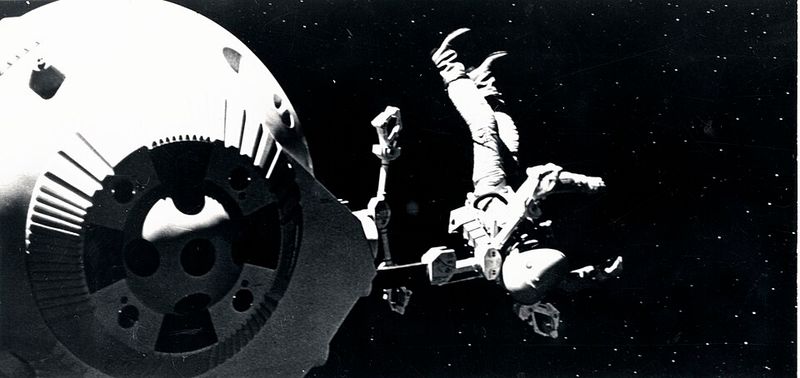
Unknown author, licensed under CC BY-SA 4.0. Via Wikimedia Commons.
When Stanley Kubrick released this slow-burning space epic in 1968, half the audience walked out confused and angry. No clear plot? A computer villain? Apes throwing bones that turn into spaceships?
Critics split down the middle between calling it a masterpiece and pretentious garbage. Today, it’s considered the greatest science fiction film ever made.
Kubrick understood that real space travel would be silent, lonely, and existentially terrifying long before anyone else did.
5. Sunset Boulevard
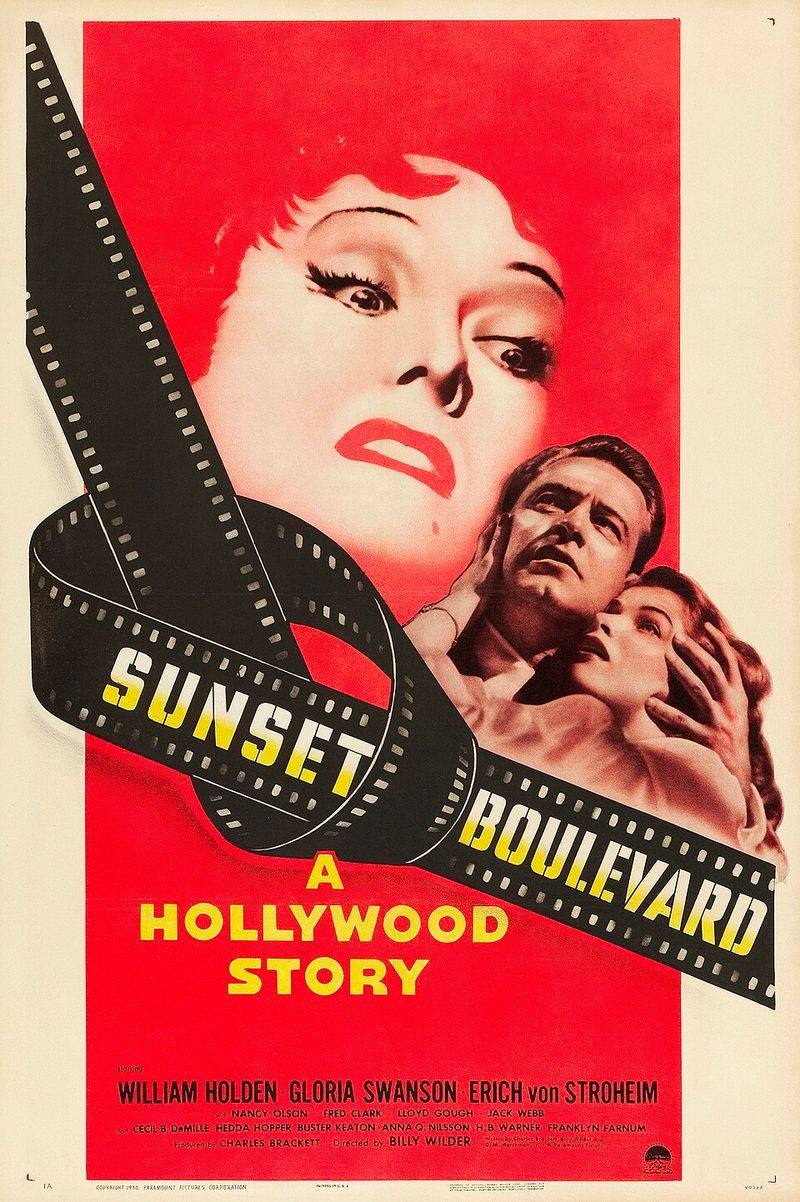
Billy Wilder dared to show Hollywood’s dark underbelly in 1950, when the industry still pretended everything was glamorous and perfect.
Gloria Swanson played a forgotten silent film star slowly losing her grip on reality.
The film’s brutal honesty about fame’s fleeting nature and the industry’s cruelty made studio executives squirm.
Today, we watch child stars and influencers crash and burn constantly, making Norma Desmond’s tragedy feel like a warning nobody heeded.
6. Eraserhead
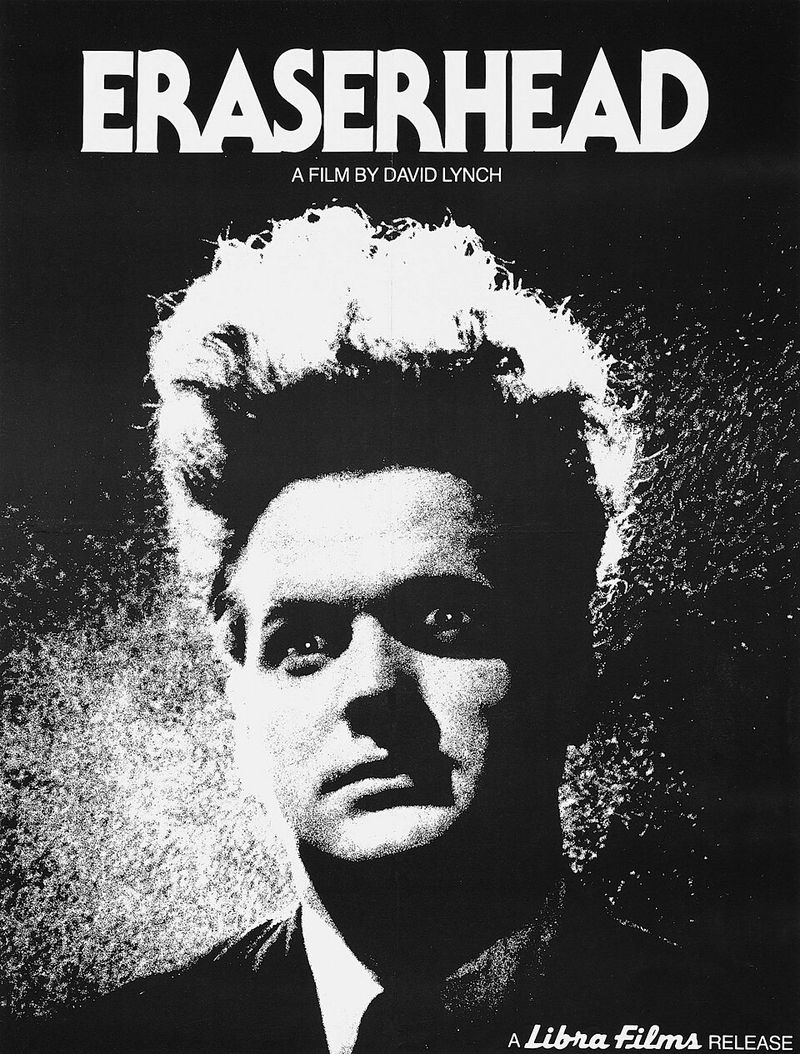
David Lynch’s debut feature took five years to make and looked like a fever dream shot in a boiler room. The 1977 midnight movie circuit was the only place willing to show this industrial nightmare.
Watching it feels like being trapped inside someone’s anxiety attack about parenthood and modern life. Lynch’s surreal style influenced everyone from the Coen Brothers to Darren Aronofsky.
7. Metropolis
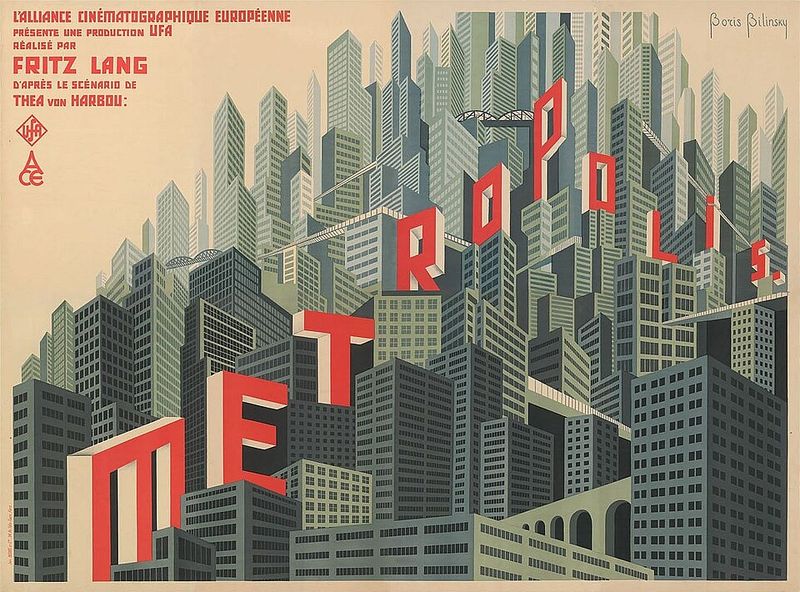
Way back in 1927, Fritz Lang imagined a future where rich people lived in gleaming towers while workers slaved underground.
The special effects blew minds, but the story about class warfare and technology replacing humans felt like science fiction nobody needed.
Fast forward a century, and we’re dealing with automation, income inequality, and AI debates.
Lang’s robot transformation scene inspired everything from Star Wars to pop music videos, proving visionaries sometimes see decades ahead.
8. The Day the Earth Stood Still
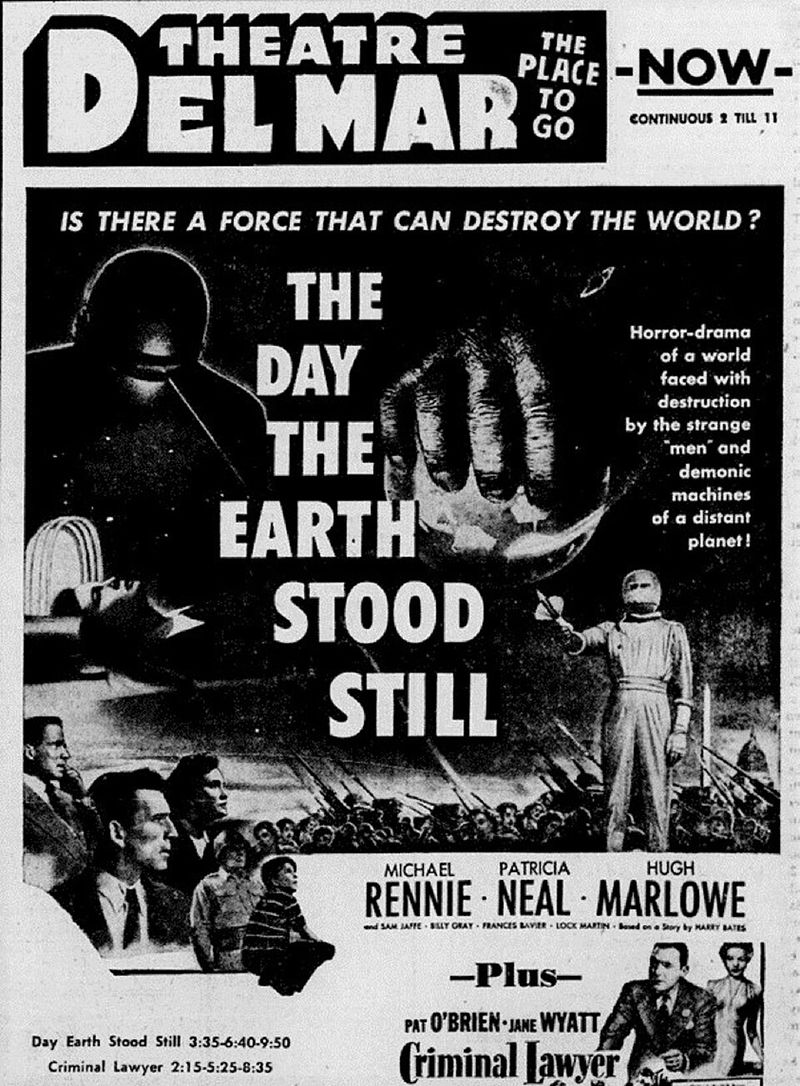
Right in the middle of Cold War paranoia, Robert Wise made a sci-fi film where the alien visitor was the good guy warning humans about their own destructive behavior. That took serious guts in 1951.
While other movies showed aliens as monsters to be destroyed, this one suggested maybe humanity was the real problem.
Its anti-war, anti-nuclear message and plea for global cooperation feels even more urgent now than it did seventy years ago.
9. The Third Man
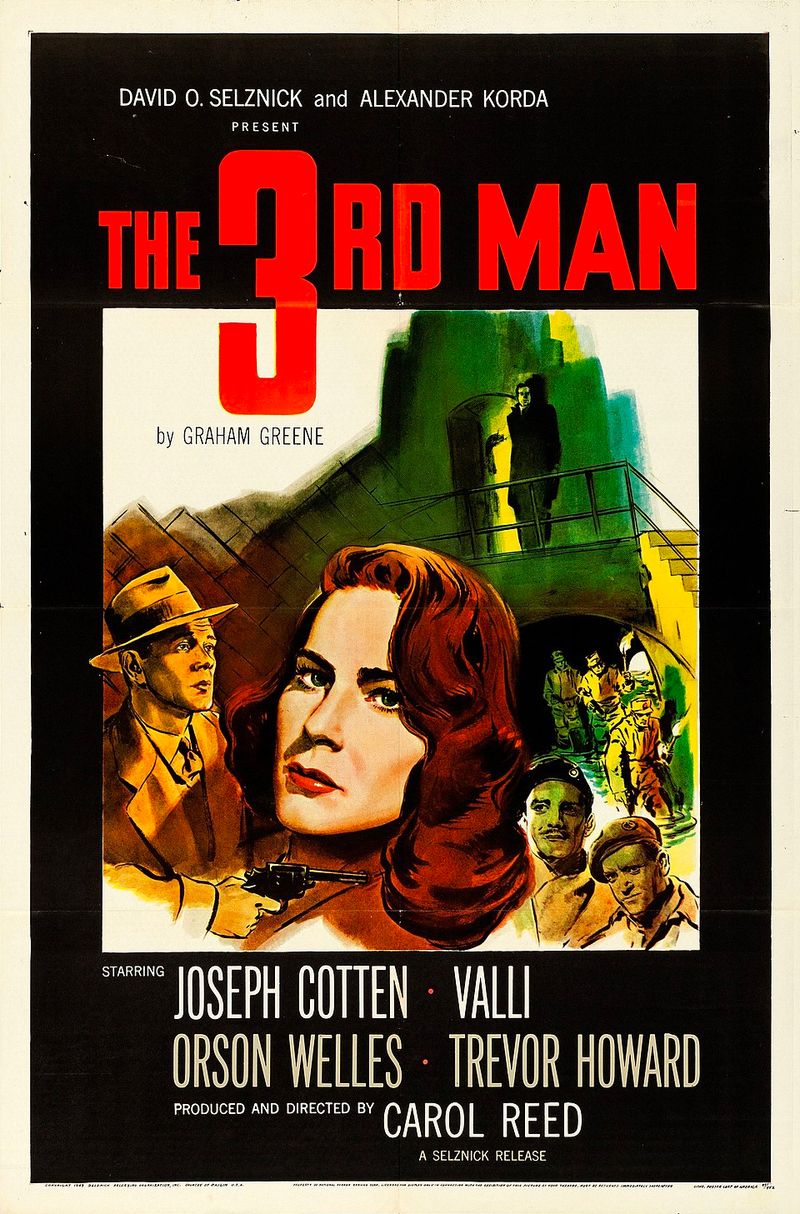
Carol Reed shot this noir masterpiece in the rubble of post-war Vienna, showing a morally complicated world where heroes and villains weren’t clearly defined.
That ambiguity troubled 1949 audiences expecting clear good guys.
Orson Welles’ Harry Lime became cinema’s most charming villain, arguing that chaos and corruption produce great art.
The film’s cynical view of postwar politics and moral compromise feels perfectly suited for our complicated modern world where nothing is black and white.
10. Videodrome

David Cronenberg’s 1983 nightmare about a man whose reality dissolves after watching mysterious violent broadcasts was too gross and too weird for mainstream success.
But Cronenberg predicted our screen addiction, reality TV violence, and how media literally rewires our brains.
“Long live the new flesh” sounds like something a tech guru would say about virtual reality today. The film warned us, and we logged on anyway.
11. The Truman Show

Before reality TV dominated our screens, Peter Weir imagined a man whose entire life was a television show without his knowledge. The 1998 film seemed like clever satire that could never actually happen.
Then came Big Brother, Survivor, and eventually Instagram influencers performing their lives 24/7 for audiences.
We’re all Truman now, curating our existence for likes and shares. Jim Carrey’s existential awakening feels like a warning we completely ignored.
12. Children of Men
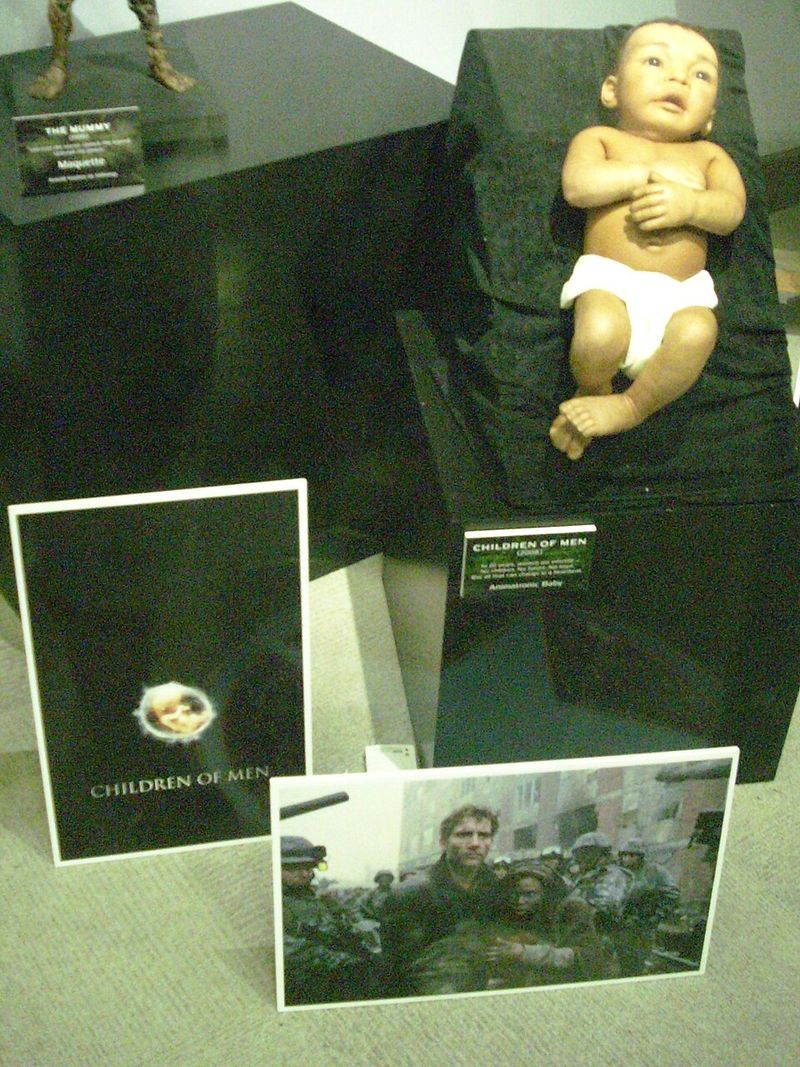
Alfonso Cuarón’s 2006 vision of a world where humans can no longer have children felt like depressing science fiction at the time.
The film’s refugee camps, environmental collapse, and authoritarian governments seemed exaggerated.
Less than twenty years later, we’re dealing with climate disasters, refugee crises, and rising authoritarianism globally.
Those stunning long-take action sequences influenced every action film since, but the real genius was predicting our current crises with terrifying accuracy.

